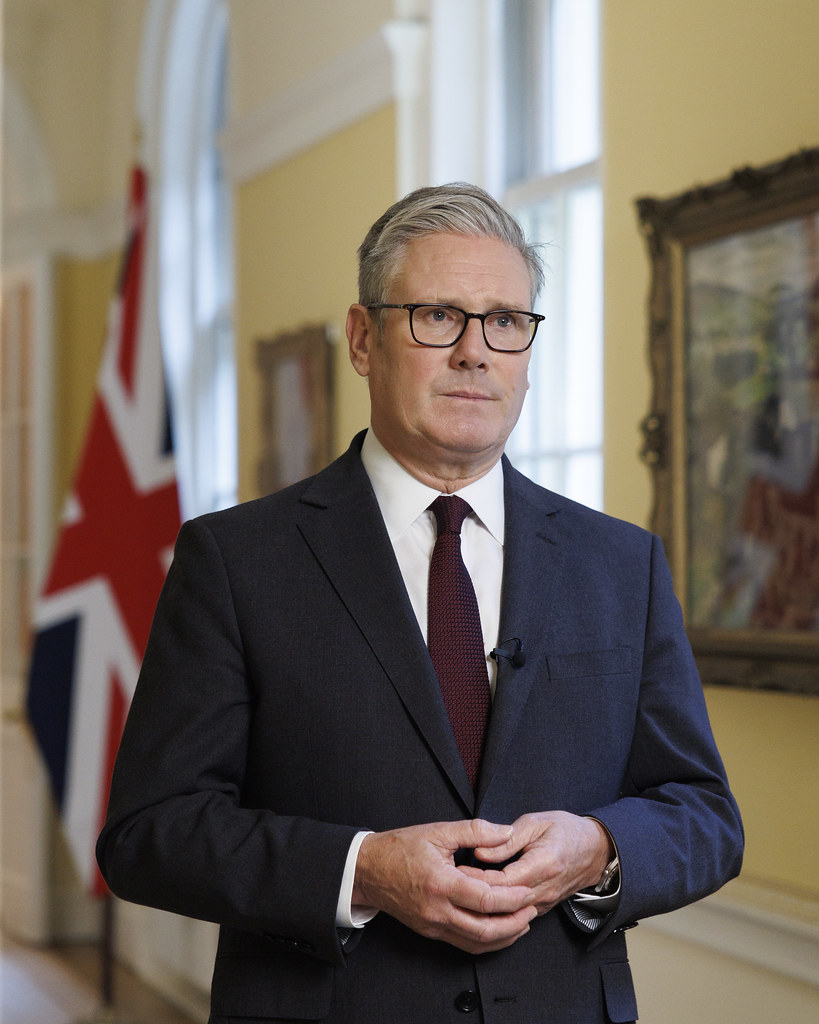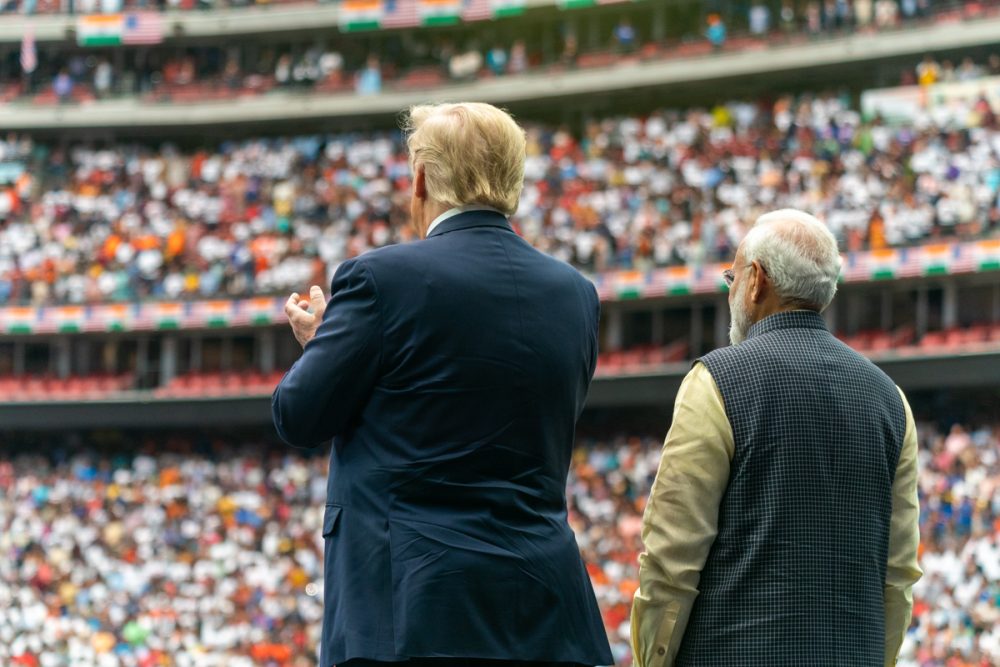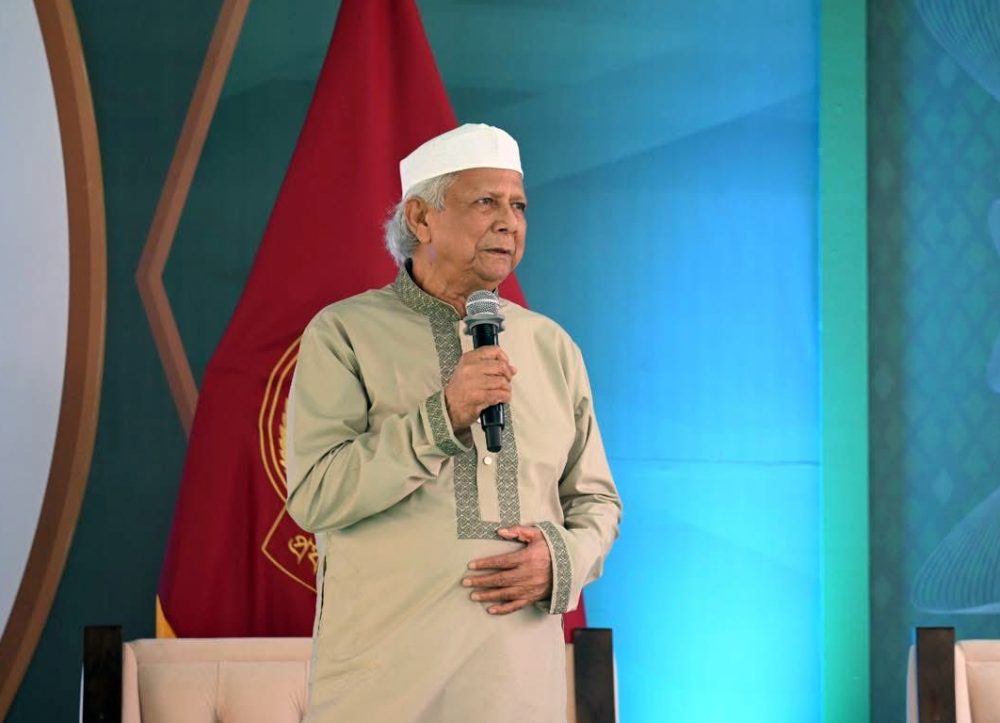Prime minister faces questions over Labour divisions as Andy Burnham fuels speculation with rival tax plan and MPs’ overtures
Keir Starmer has brushed aside questions about Andy Burnham’s leadership ambitions, insisting he will not be drawn into “personal” speculation while warning that the Manchester mayor’s economic vision bears troubling similarities to Liz Truss’s brief and chaotic premiership.
The prime minister’s comments came after Burnham revealed he had been approached by Labour MPs over the summer, encouraging him to consider a tilt at the leadership. In a wide-ranging interview, the mayor unveiled his own rival economic platform, calling for the restoration of the 50p top rate of income tax alongside a tax cut for lower earners.
The proposals, which differ sharply from Starmer’s cautious fiscal stance, have sparked speculation that Burnham is positioning himself for a future challenge. Asked directly about the idea, the prime minister declined to comment on the mayor’s ambitions but sought instead to underline his own approach.
“I’m not going to get drawn into commenting on the personal ambitions of the mayor,” Starmer said. “But I do want to be really clear about our fiscal rules, because economic stability is the foundation stone of this government. It was three years ago this week that we had the Liz Truss experiment, where she abandoned fiscal rules in her case for tax cuts. The result was a disaster for working people. The same would be true if you abandoned fiscal rules in favour of spending, and I’m not prepared to ever have that inflicted on working people again.”
His pointed reference to Truss – the Conservative prime minister whose mini-budget triggered market chaos in 2022 and led to her resignation after just 49 days – underscored his attempt to frame Burnham’s proposals as risky and destabilising.
The flare-up comes at a difficult moment for Starmer, who has seen his administration shaken by a series of recent crises. His deputy, Angela Rayner, was forced to resign after admitting she had underpaid stamp duty, while Peter Mandelson was sacked as Britain’s ambassador to Washington following renewed scrutiny of his links to the convicted paedophile Jeffrey Epstein. At the same time, households are braced for further economic pain, with November’s budget widely expected to usher in new tax rises to shore up Treasury finances, while Labour strategists fret about the party’s performance in next spring’s local, Welsh and Scottish elections.
Against this backdrop, Burnham has stepped up his media profile in the run-up to Labour’s annual conference in Liverpool, granting a series of interviews in which he has positioned himself as both loyal to the party and unafraid to float alternative ideas. Explaining his recent remarks, he said: “I was asked a direct question by a journalist and I gave an honest answer, and that’s been reported today. MPs were in touch with me.” He stressed that the decision over any leadership contest was not his to make, noting that as a non-MP he would not currently be eligible to stand.
That obstacle might prove temporary. Were a sitting Labour MP to vacate their seat in favour of Burnham, a by-election could give him a route back to Westminster. From there, he could mount a leadership bid – his third attempt to reach No 10, after failed campaigns against Ed Miliband in 2010 and Jeremy Corbyn in 2015. Any challenge would require the backing of at least 80 MPs, a tall order but not impossible given the number of disgruntled parliamentarians within Labour’s ranks.
Burnham does appear to enjoy a sympathetic hearing among some MPs, particularly within the 130-strong group who recently rebelled over welfare reforms and forced Downing Street into a last-minute climbdown. Yet early soundings suggest that a majority of Labour MPs remain opposed to seeing him mount a challenge, wary of reopening divisions at a time when Starmer is trying to steady the ship.
Reform UK’s surge in the polls further complicates the picture, raising questions over whether Burnham could win a parliamentary seat at all. But his interventions continue to inject intrigue into Labour’s internal politics, with the Liverpool conference now set to be dominated as much by whispers of leadership manoeuvring as by the government’s policy agenda.
For Starmer, the task in the days ahead will be to reassert authority, rally his party behind his fiscal message, and convince voters that Labour remains a government in waiting rather than a movement distracted by its own rivalries. The prime minister has made plain that he sees economic stability as his non-negotiable guiding principle – a deliberate contrast with both Truss’s short-lived experiment and Burnham’s more interventionist proposals. Whether that line holds as Labour MPs jostle for influence in Liverpool may determine not only the mood of the conference but the direction of the party itself.














